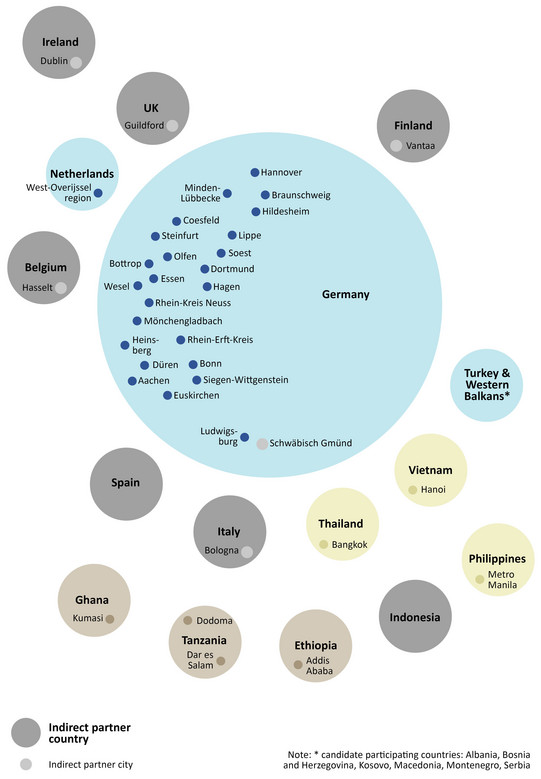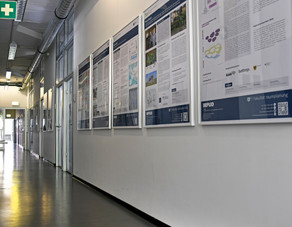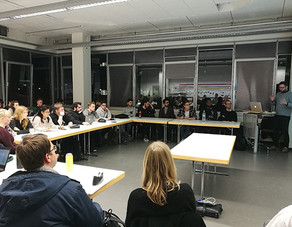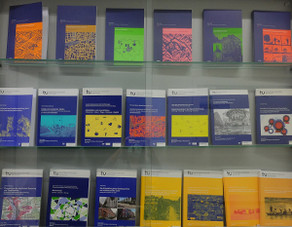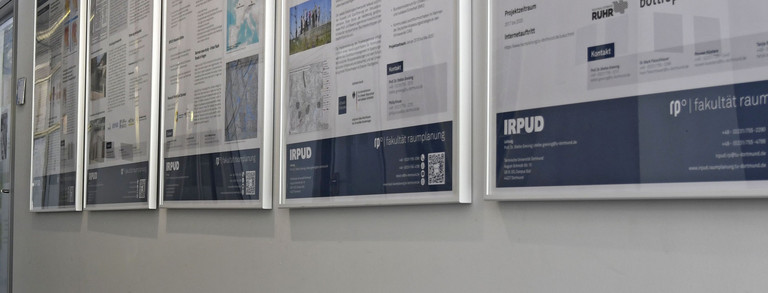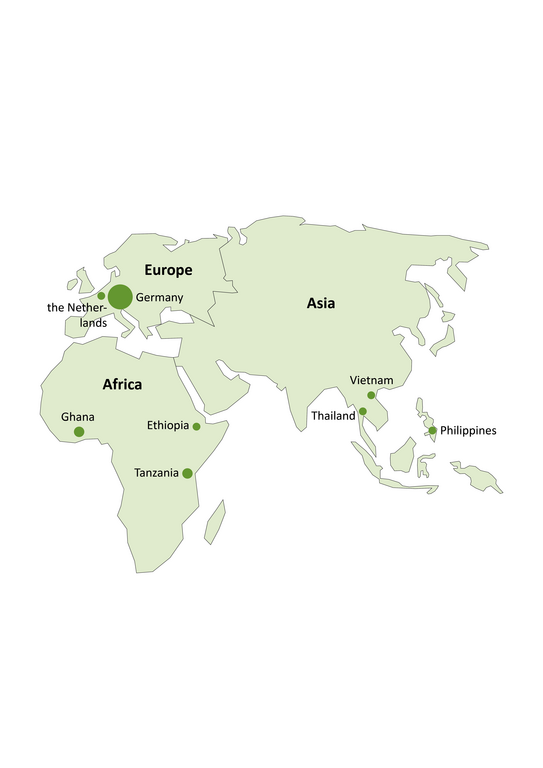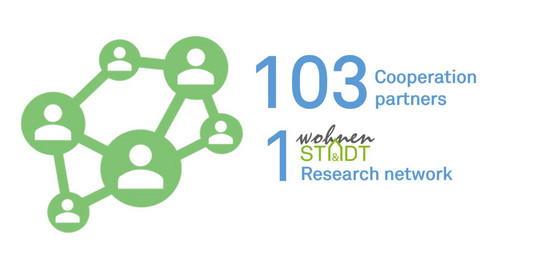About Us
The Research Group of Regional Development and Risk Management (RER) builds on the long-standing research tradition of the former IRPUD and "looks back on a broad spectrum of completed research projects, ranging from theoretical-methodological fundamental research to more practice-oriented forms of policy advice" (Forty Years of Spatial Planning Brochure: p. 10). Over time, IRPUD established itself as an internationally recognised centre of top-level research in spatial planning, with an interdisciplinary approach encompassing social, economic, and engineering sciences (Wegener 2014).
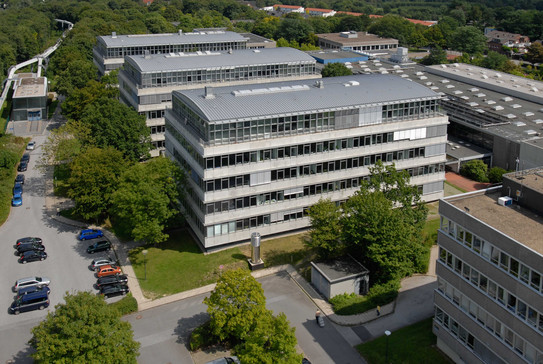
RER is deeply embedded in the national and international research landscape and actively participates in interdisciplinary research projects (more information in the section research). In addition to its strong externally funded research activities, the research group plays a central role in teaching, particularly within the framework of the project studies and through seminars across all degree programmes of the department (more information in the section teaching). Furthermore, RER is involved in various housing policy collaborations. Two academic awards (in cooperation with NRW.BANK and the German Tenants' Association) recognise outstanding theses related to housing policy and support young researchers (more information in the section calls).
Today, RER's academic focus in research and teaching lies in spatial risk and climate impact research, critical infrastructures, and public services of general interest. Methodologically, this builds on long-standing expertise in spatial modelling. Research and teaching span all spatial levels, from the international scale down to the neighbourhood level.
A particular emphasis in risk and climate impact research is placed on the role of spatial planning in assessing and managing risks, climate impacts, and extreme events. In addition to preventive approaches, increasing attention is being given to the spatial planning aspects of post-disaster reconstruction processes, in line with the UN Strategy on Disaster Risk Reduction ("Build Back Better"). International research plays a central role in this context, with the research group working closely with global partners. Under this research focus, 57 externally funded projects, including 24 EU-funded initiatives, have been carried out under the leadership of Stefan Greiving (as of February 2025).
International cooperation also plays a key role in the supervision of doctoral researchers. This includes two EU-funded Marie Curie Research and Training Networks, as well as collaborations with Ardhi University in Dar es Salaam (Tanzania) and the University of the Philippines on Joint/Dual PhD degrees, funded by the German Federal Ministry of Education and Research (BMBF) and the German Academic Exchange Service (DAAD).
Through the coordination of large interdisciplinary projects, a broad research agenda with international collaborations, and the close integration of research and teaching the research group RER makes a significant contribution to the scientific advancement and practical application of planning strategies for sustainable and resilient cities and regions.
Current research profile
